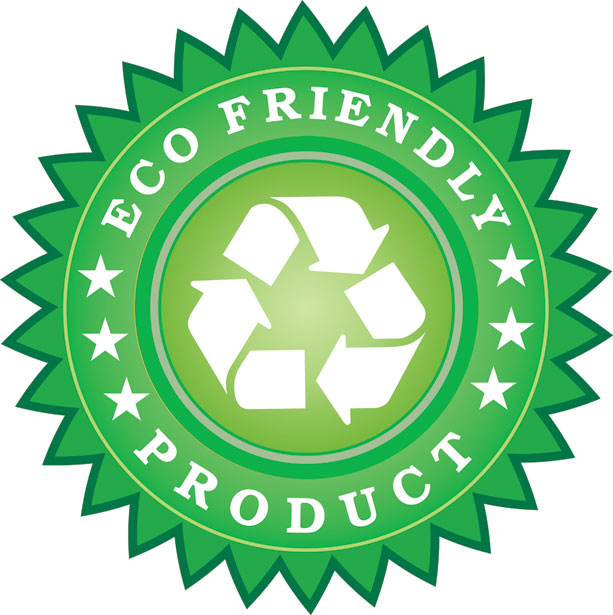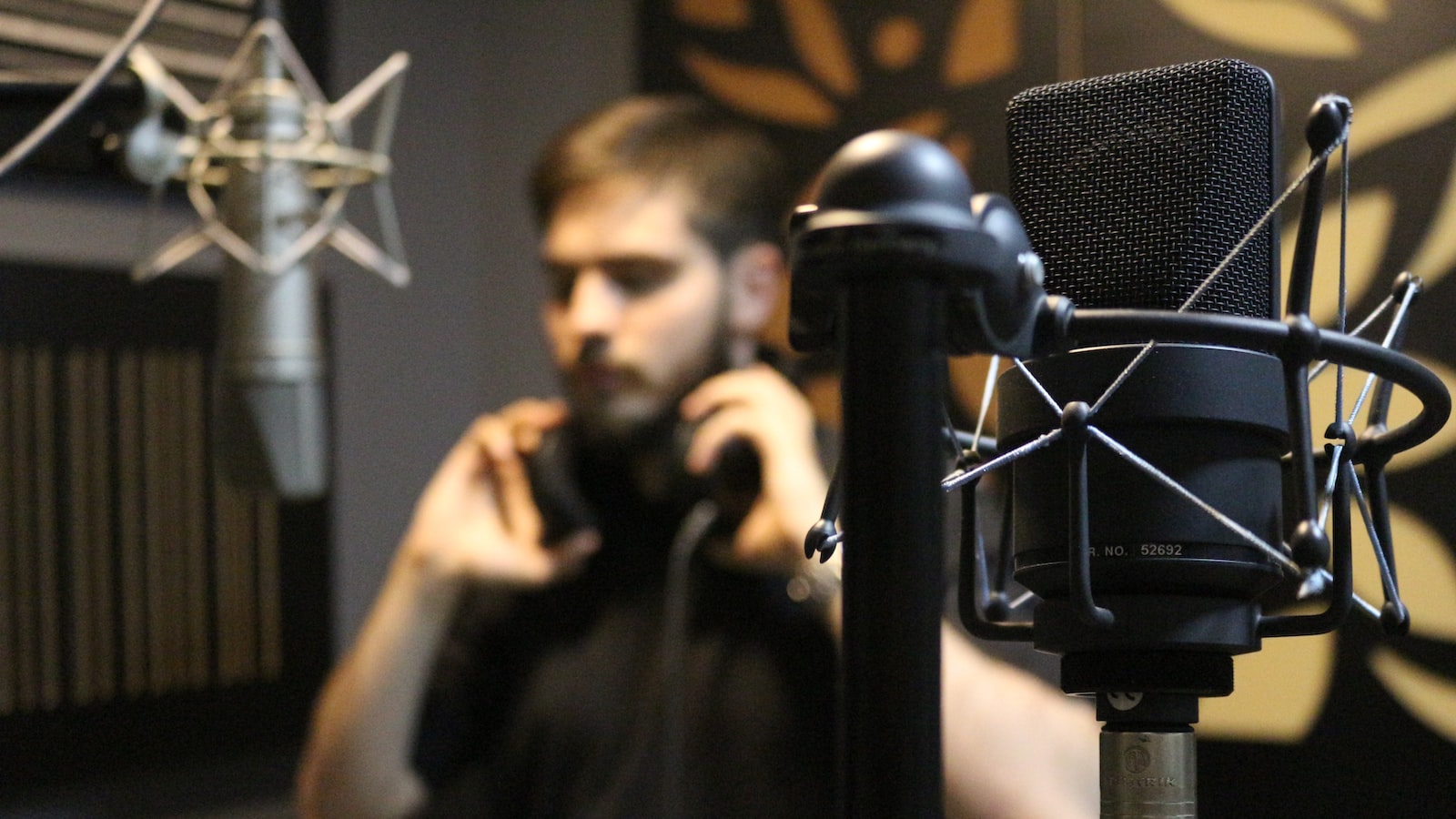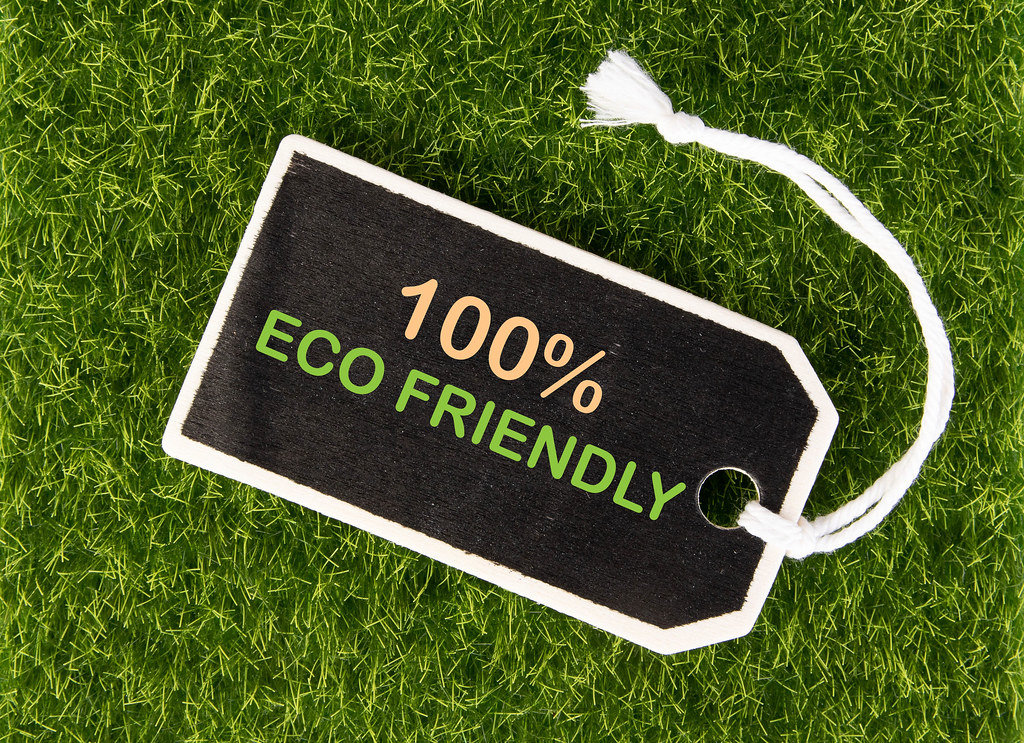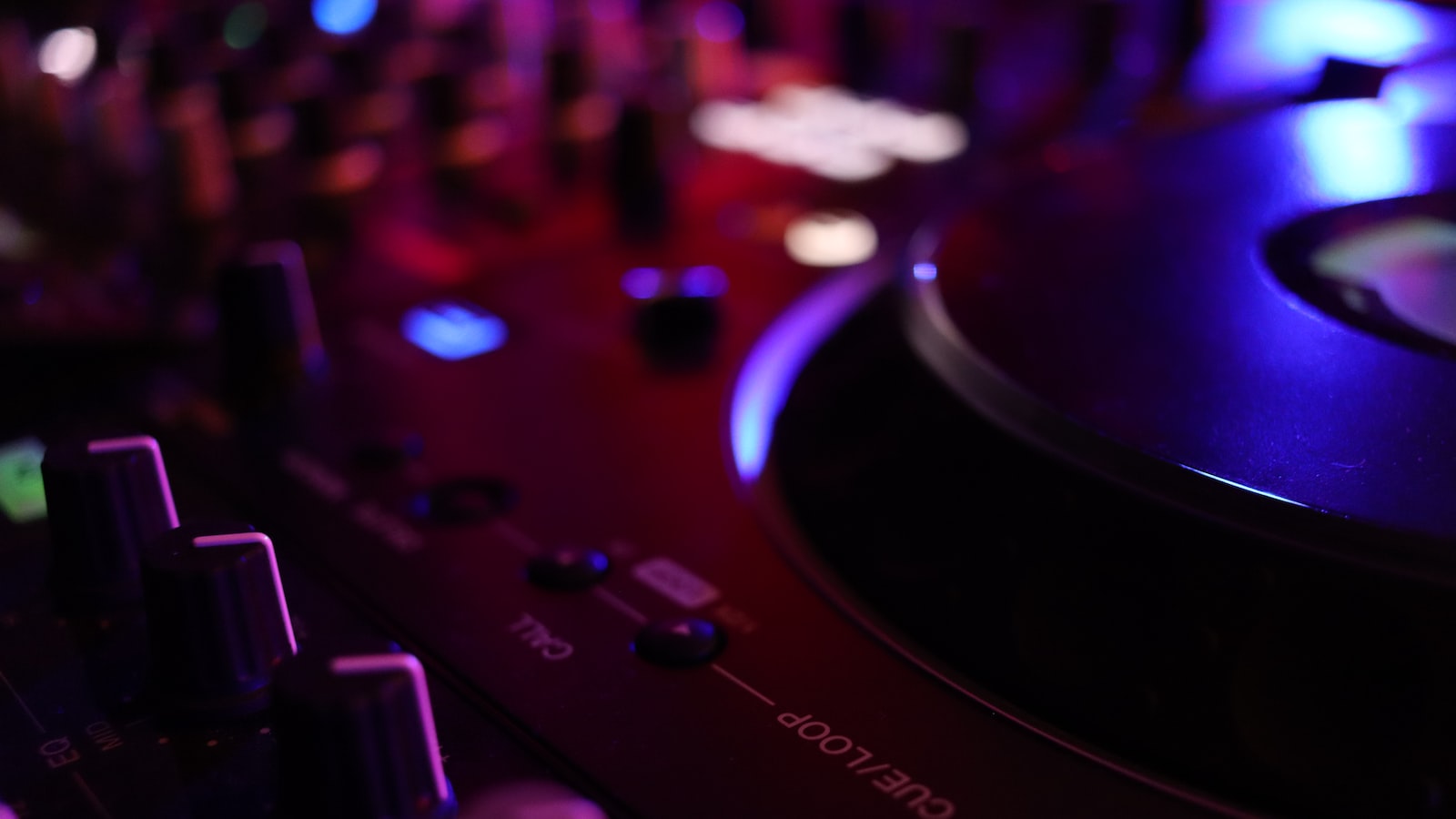
Sustainability in the Music Industry: Eco-friendly DJing
As the music industry continues to go digital, so does its environmental awareness. Music fans and producers alike are finding new ways to be eco-friendly in their music-making process, and one of the most important roles is that of the DJ. This article will explore how DJs are leading the charge towards sustainability in the music industry, and what creative, eco-friendly approaches they’re taking to reduce their environmental impact.
1. The Impacts of Music Production on the Environment
In modern society, music production is responsible for a wide range of environmental impacts and the increased demand for resources demands that music producers become aware of the environmental conditions of their work.
Waste Disposal – From songwriting to sound stages, the use of digital technology and equipment in music production generates copious amounts of waste. The use of physical media for recordings creates waste in the form of CDs, cassettes and DVDs, while the equipment used requires resources, both natural and synthetic, for their construction, leaving plenty of potential for recyclable and non-recyclable waste. This waste is typically disposed into landfills or incinerators, releasing more pollutants into the natural environment.
Electricity Use - Music recording and production process requires significant amounts of electricity to fuel its processes. From the use of recording equipment and digital technology to sound stages and electricity-dependent lights, the impact of electricity consumption can add up quickly. It is important for music producers to recognize the impact of electricity consumption on the environment and work to find ways to reduce their carbon footprint.
- Ensure that electronic equipment and other components are unplugged or switched off when not in use.
- Look for products that are energy efficient and certified as green.
- Discourage water and air pollution as well as unnecessary use of noisy equipment.
- Choose green technology alternatives whenever possible.
Environmental stewardship is more important than ever before, and music production is no exception. Music producers must consider their environmental impact in order to help ensure a positive, sustainable future.

2. Strategies for Eco-Friendly DJing
One of the most effective strategies to become an eco-friendly DJ is to reduce the number of flights, physical products, and hard drives you use. Fly less (or not at all!). Get creative instead – stream music from your computer and play music from your smart devices. By using digital music and minimizing physical purchases, you’re decreasing your impact on emissions and the release of single-use plastics. Just make sure to purchase music from verified sources before supporting any pirate websites.
Another great way to be eco-friendly is to use eco-friendly equipment. Invest in tech that runs on rechargeable batteries or solar-power. Make sure to recycle or donate any spare batteries you may have. Additionally, look for eco-friendly DJ accessories that have minimal packaging and are made of natural, non-toxic materials.
- Fly less or not at all
- Use digital music
- Invest in eco-friendly equipment
- Recycle or donate spent batteries
- Look for eco-friendly DJ accessories

3. Inspiring Examples of Sustainable Practices in the Music Industry
- Music Venue Powered by Renewable Energy: More and more music venues around the world are switching to renewable energy sources, like wind and solar, to power their stages. Venues like The SSE Hydro Glasgow and Rathmines Town Hall in Ireland are two examples of venues that have made the switch from traditional to sustainable energy sources.
Additionally, some festivals have embraced sustainability by taking a „zero carbon“ approach to their events. Glastonbury Festival in England and Lightning in a Bottle in California are two festivals that use renewable energy sources to power their events, which helps reduce their environmental footprint. In 2017, Glastonbury Festival completely eradicated their carbon footprint with their use of renewable energy, something they’re continuously striving to maintain going forward.
- Collaborations with Sustainable Brands: Throughout the last few years, musicians have been collaborating with various sustainable brands to spread awareness for the cause. For example, Will.i.am recently teaming up with Coca-Cola to launch his EKOCYCLE collection. By using post-consumer recycled plastic bottles, Coca-Cola and Will.i.am have created headphones and bags that are not only stylish but also sustainable.
Other artists, such as Paul Simon and Jack Johnson, have used their celebrity status to encourage fans to take conservation-minded actions. For example, Jack Johnson’s “All At Once” campaign encourages music fans to take action on sustainability issues such as reducing waste and polluting less.

4. Practical Recommendations for Greener DJing
When it comes to DJing with an eco-friendly mindset, here are a few practical tips and tricks to keep your gigs greener:
- Avoid unnecessary air-travel: Explore local and regional talent before flying headliners from other states or countries to perform.
- Rethink your emissions: Use a mix of public transport, like trains, buses, and carpooling when possible, as well as carbon offsetting services when driving is essential.
- Opt for renewable energy: Look for venues that are powered by sustainable energy sources like solar or wind.
- Reduce your waste: Ask vendors to use recyclable or bio-degradable materials for tableware, cups, and other disposables.
LES Sound systems can make a huge difference in the efficiency of your energy use. Many of them offer LED light technology to reduce electricity consumption, while their amps generate three times less heat than traditional amplifiers. Consider investing in equipment that follows these guidelines.
Future Outlook
From green streaming to biodegradable vinyl, eco-friendly DJing has made a major impact in the music industry. We’ve seen it inspiring dancers, producers, and promoters to improve their sustainability. In the end, taking conscious steps to go green can help create a healthier environment for all. Here’s to putting more thought into how we make and enjoy music. May this serve as a reminder that sustainability starts from within.

